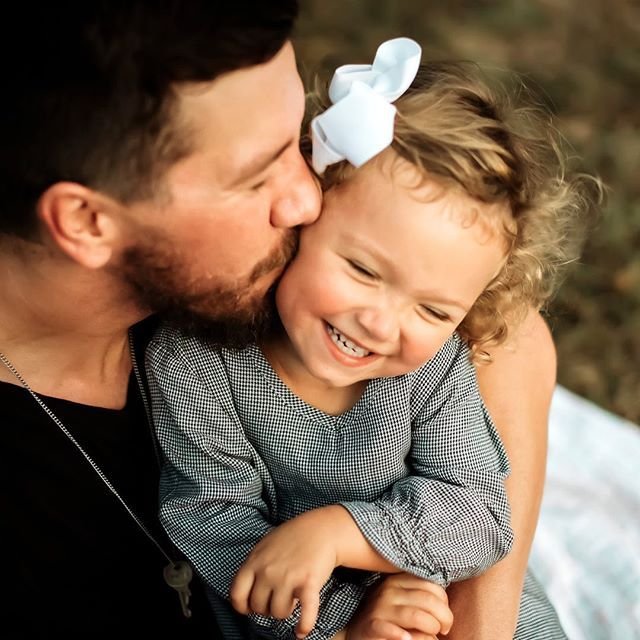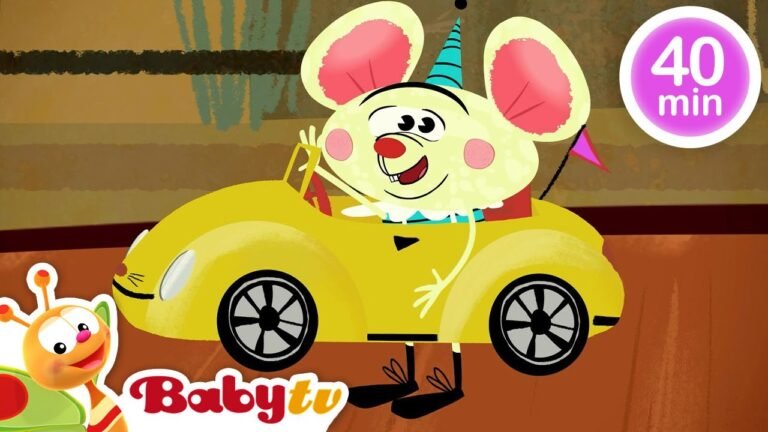Gentle Parenting: How to Raise Kind, Confident Kids Without Yelling
Parenting doesn’t have to be a battlefield. If you’re tired of the shouting, power struggles, and guilt that follows, you’re not alone. Gentle parenting offers an alternative that’s grounded in connection, empathy, and respect — without losing control or boundaries.
Let’s dive into how you can raise kind, confident kids without ever raising your voice.

What Is Gentle Parenting?
Defining Gentle Parenting
Gentle parenting is an approach that focuses on empathy, respect, and understanding. It’s about guiding your child rather than punishing them into obedience.
How It Differs from Traditional Parenting
Traditional parenting often relies on rewards and punishments — think time-outs, yelling, and spanking. Gentle parenting shifts the focus to connection and communication.
The Core Principles of Gentle Parenting
- Empathy
- Respect
- Understanding
- Boundaries, not punishment
Why Gentle Parenting Works
Psychological Benefits for Kids
Kids raised gently often develop higher self-esteem, stronger emotional intelligence, and better relationships.
Long-Term Emotional Development
Gentle parenting encourages emotional regulation and self-awareness — skills that last a lifetime.
Building Strong Parent-Child Relationships
It creates a safe space for your child to express themselves, knowing they won’t be judged or punished harshly.
Common Myths About Gentle Parenting
“Gentle Parenting Means No Discipline”
False. Discipline still exists — it just looks different. It’s about teaching, not punishing.
“You’ll Raise a Spoiled Child”
Boundaries are still enforced, but through conversation and respect, not fear.
“It Only Works for Calm Kids”
Gentle parenting is especially beneficial for spirited, sensitive, or neurodivergent children.
The Science Behind Gentle Parenting
Neuroscience and Child Brain Development
The prefrontal cortex — responsible for reasoning — doesn’t fully develop until the mid-20s. Yelling shuts down learning. Connection activates cooperation.
The Impact of Yelling on a Child’s Brain
Yelling increases cortisol (stress hormone), making kids feel unsafe, scared, and reactive.
Positive Reinforcement vs. Punishment
Rewarding good behavior teaches children what to do. Punishment just tells them what not to do — without guiding them on better choices.

How to Get Started With Gentle Parenting
Reflecting on Your Parenting Style
Ask yourself: “Why do I react the way I do?” Change starts with awareness.
Understanding Your Triggers
Kids push buttons — but your reaction is yours to manage. Gentle parenting helps you pause and respond rather than react.
Setting Realistic Expectations
No child is perfect. They’re learning. And so are you.
Everyday Gentle Discipline Techniques
Connection Before Correction
Before you correct behavior, connect emotionally. “I see you’re upset. Let’s talk about what happened.”
Natural and Logical Consequences
Instead of punishments, offer real-life consequences. Spilled juice? Help clean it up. Hit someone? Make amends.
Validating Emotions Without Giving In
Say, “It’s okay to feel angry. But it’s not okay to hurt.” Empathy doesn’t mean you allow bad behavior.
Communication Strategies Without Yelling
Using a Calm Voice
Lower your voice instead of raising it — it forces kids to listen.
Active Listening and Empathy
Repeat back what your child says. “So you were sad when I said no?” They’ll feel heard.
Age-Appropriate Conversations
Speak in simple, clear language that matches your child’s age and development level.
Encouraging Confidence in Children
Fostering Independence
Let kids try things, even if they fail. It builds grit and confidence.
Celebrating Effort, Not Just Results
Praise how hard they worked, not just the outcome. “You really focused while coloring!”
Teaching Problem Solving
Instead of fixing everything, ask, “What do you think we could do?”
Cultivating Kindness Through Daily Actions
Modeling Kind Behavior
Kids mimic what they see. Be the example.
Encouraging Gratitude and Sharing
Make gratitude a daily habit. Ask, “What’s one good thing that happened today?”
Setting Boundaries with Respect
Gentle doesn’t mean permissive. You can be firm and kind at the same time.
Dealing With Tantrums Gently
What Triggers Tantrums?
Hunger, fatigue, overstimulation. Often, they’re not being “bad” — they’re overwhelmed.
Staying Present During Emotional Outbursts
Stay nearby. Stay calm. Offer hugs. Let the storm pass.
Teaching Emotional Regulation Skills
Use feelings charts, deep breathing, and storytelling to help kids name and manage their emotions.
Gentle Parenting at Every Age
Babies and Toddlers
Respond promptly. Hold them often. Speak gently. They’re learning trust.
Preschoolers and School-Age Children
Set boundaries. Offer choices. Include them in routines.
Teens and Preteens
Keep the connection strong. Listen more than you speak. Respect their growing independence.
The Role of Routine and Structure
Predictability Helps Kids Feel Safe
Knowing what comes next reduces anxiety and behavior issues.
Flexible, Not Rigid Routines
Life happens. The key is consistency, not perfection.
How to Create a Gentle Daily Flow
Create simple rhythms: wake-up routines, mealtimes, bedtime stories.
Tools and Resources to Support Gentle Parenting
Books, Podcasts, and Blogs
- The Whole-Brain Child by Dan Siegel
- How to Talk So Kids Will Listen
- Podcasts like Unruffled and Respectful Parenting
Support Groups and Online Communities
Facebook groups, Reddit forums, and local parenting circles can help you stay the course.
Parenting Coaches and Therapists
Sometimes, extra support can help you heal your inner child as you raise your own.
Challenges and How to Stay Consistent
When You’re Tired or Overwhelmed
Give yourself grace. Take a break. You’re human too.
Navigating Public Judgement
Ignore the stares. You’re raising a future adult — not performing for strangers.
Staying Gentle When Your Child Isn’t
When they scream, whisper. When they slam, breathe. You’re the calm in their storm.
Real-Life Success Stories
Parents Who Switched to Gentle Parenting
Many share how they found peace, connection, and joy after ditching yelling.
How Kids Respond Over Time
Kids feel safer, behave better, and grow more resilient.
Testimonials from Grown Children
“I always felt loved, even when I messed up.”
Final Thoughts on Raising Kind, Confident Kids
Gentle parenting isn’t a trend — it’s a mindset. It’s about leading with love, holding firm with kindness, and raising children who feel seen, safe, and secure. You won’t be perfect — and that’s okay. What matters is showing up with intention.
Remember, gentle doesn’t mean easy. It means being strong enough to lead with love.
FAQs
1. Is gentle parenting too soft?
No. It’s firm and kind. You set limits, but with empathy and respect.
2. Can gentle parenting work for aggressive children?
Yes, especially for them. It helps them feel understood and learn better coping strategies.
3. What if I lose my temper sometimes?
You’re human. Apologize, reconnect, and keep going. Repair is part of the process.
4. Can I start gentle parenting later in life?
Absolutely. It’s never too late to rebuild connection and trust.
5. Does gentle parenting work for teens?
Yes, teens need connection more than ever. Listen, respect, and guide.









